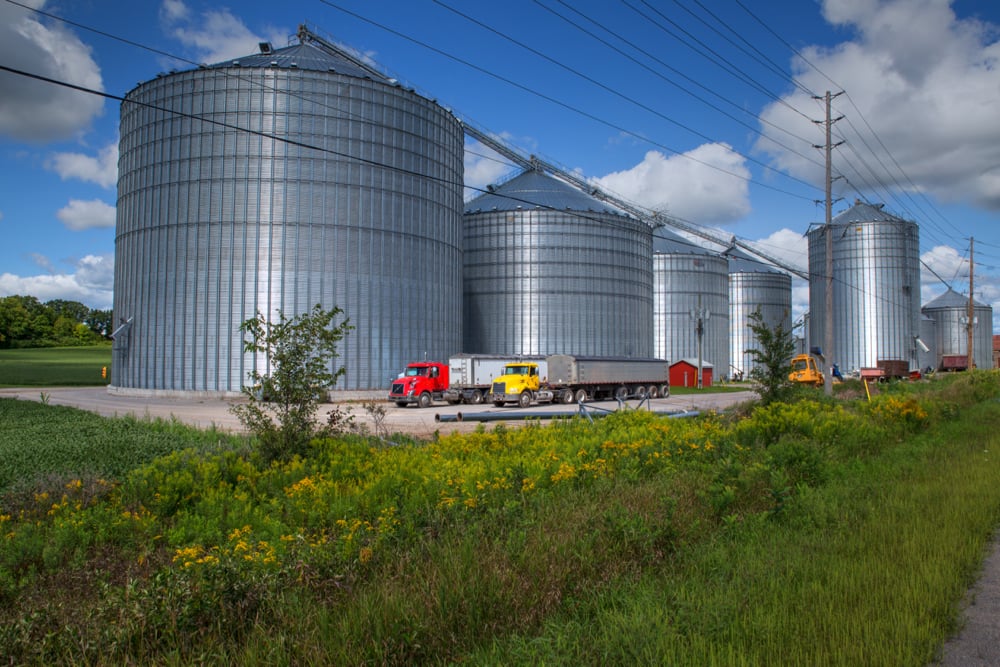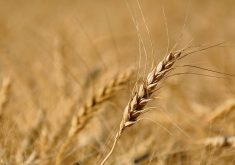Ontario grain farmers have a year’s reprieve from increased documentation made necessary by the Canada-U.S.-Mexico Agreement on trade.
The trade deal, which came into effect July 1, changed a provision in the original NAFTA deal that automatically graded all American wheat imported into Canada as feed wheat. It will now be graded in the same process as Canadian wheat.
The change means a variety declaration will now be required for Canadian grains.
Crosby Devitt, chief executive officer of the Grain Farmers of Ontario, says the assumption was that any changes would be restricted to wheat farmers in Western Canada, but the changes to the Canada Grains Act to correspond to the trade deal apply to all grains across the country. That includes corn, soybeans, wheat and any other grains grown in Ontario.
Read Also

Melancthon faces a new quarry fight over water, environment and farmland risks
A proposed Strada blast quarry in Melancthon, Ont., sparks regional debate over water protection, farmland sustainability, and Ontario’s aggregate policy.
“It depends who you talk to, it’s a bit of an unintended consequence,” he said. “In our minds, what they’ve come in and said is that American or Canadian delivery of grain into a Canadian Grain Commission facility has to be grown from an eligible variety approved in Canada.”
That means the official need for the declaration will be at grain terminals, but farmers will likely have to fill out the paperwork whenever they deliver grain to elevators.
“None of that system exists in Eastern Canada,” says Devitt and to ramp up such a system quickly would be challenging, especially when the new paperwork isn’t creating value for any party along the value chain.
“This is one of those challenging areas because it’s built into free trade agreements and built into the grains act, so it is not negotiable. The question is how to interpret it and fill everybody’s goals.”
There’s a greater tradition of variety declaration in Western Canada to deal with the many different classes of wheat marketed there. Growers in Western Canada will have to declare varieties this year.
A one-year exemption was given to eastern Canadian grain terminals, although Devitt says they have to apply for that exemption individually. He says it will take work to create the system, but they will be able to rely on elevator companies used to doing variety declarations in the West.
“It was a bit surprising that it was across Canada and included more grains than just wheat, which was whole topic of discussion during negotiations,” says Devitt.















